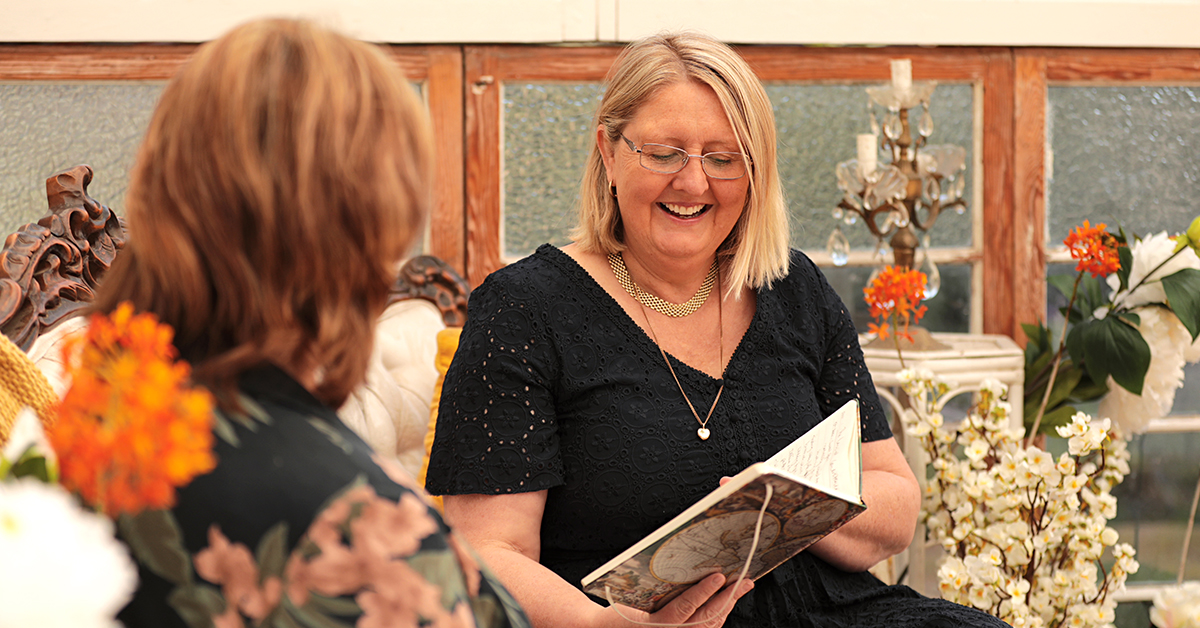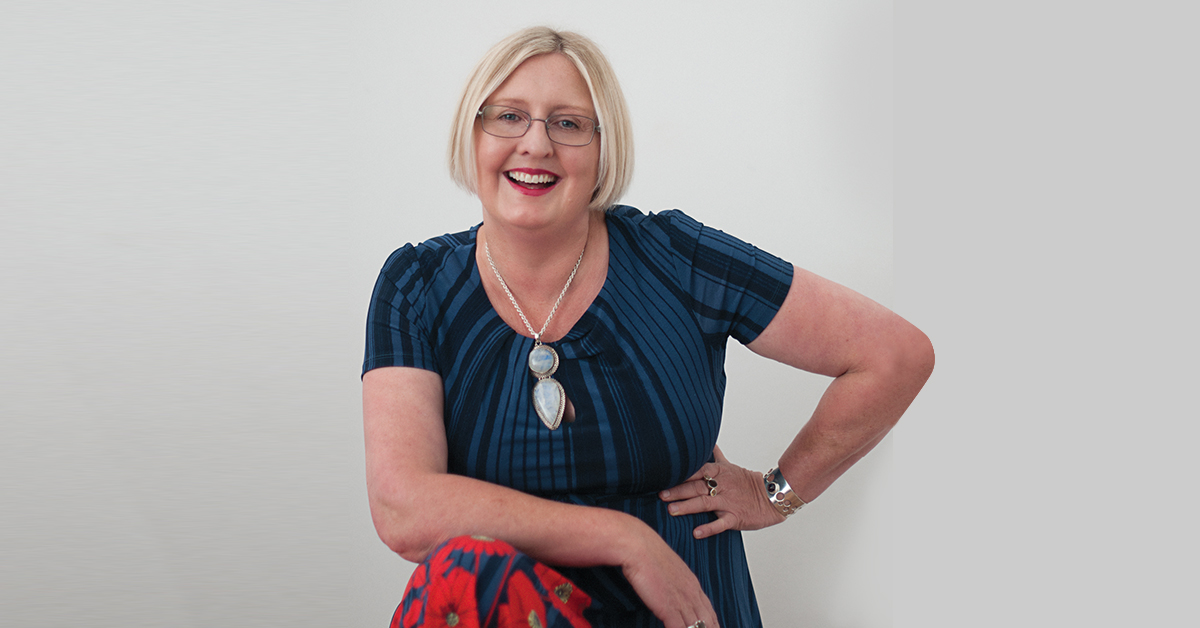Have you ever felt something deep in your being? Thought you couldn’t shake off? You had no logical reason to think it, but there it was, nonetheless. Perhaps, it was your intuition at work. A flash of insight from your subconscious mind.
Intuition, or the ability to sense something without any conscious effort, has been the topic of much research by the US office of Naval research. In fact, they humorously dub it, ‘Spidey sense’. But that doesn’t mean the Navy treats intuition as a laughing matter. Our brains are powerful pattern-recognition machines, subconsciously scanning the environment for anything that looks ‘off’. At war, having the ability to know something, or anticipate a threat—without conscious awareness—could save lives.
Fight your way through the information overload
Whilst the modern workplace is no warzone, it can be an aggressive, fast-paced environment, with a constant flow of information and the pressure to make difficult decisions. Often, we don’t have the luxury of time. That’s where intuition comes into play.
Joanne Martin, a communication expert, and owner of Golden Earth Publishing company uses intuition as part of her routine decision-making process. Martin explains that we suffer from either feast or famine—there’s so much information that we don’t have the time to sift through it all, or, not enough to make an informed decision. We have to rely on our gut to help us decide the best course of action.
Read people and situations with confidence
I find it especially important to use my intuition to gauge what people are like. Even in the age of information overload, where we literally have facts and figures and charts for everything, there’s still no way of telling you how you’re going to work with a person. Are they kind, gracious, trustworthy? You have to be able to read the situation yourself—it’s the bedrock of being a good entrepreneur. You have to navigate the business landscape using your own judgment.

Turns out that as well as our primary brain, we also have a second brain which is in our gut. There is a huge network of connections that originate in the second brain that actually have a direct effect on what is happening inside the primary one.
The tingling sensation, like butterflies in our stomach, is often the first sign of subliminal thought processes that result in intuitive insights. Due to the stronger connection between their two brain hemispheres, women have an advantage when it comes to sensing what’s going on.
Trust your own instincts
Martin comments, “Many people have given up on listening to that gut feeling or that small inner voice because they’ve been told that it’s of no use. But you can recover it with practice.”
She advises, “One of the most important things you can do is to trust your first impressions. Whenever you’re presented with a new piece of information, or you meet a new person, or a new piece of data is placed in front of you, what is your immediate visceral reaction to the data? Malcolm Gladwell calls this thin-slicing: the ability to get a clear idea of what’s happening with only a cursory glance at the evidence. It has proven to be pretty accurate, time and time again.”
Thin slicing was a term derived from several experiments carried out by researchers. In one such experiment, a Ph.D. student wanted to investigate whether she could guess which interviewees would be successful in getting the job. In the experiment, she limited her exposure to 15 seconds of video.
Sure enough, with a frightening degree of accuracy, she was able to discern who would be successful based on information such as the initial handshake, the first words spoken, and body language. It shows that even in a short period of time, one can accurately deduce subtle details that form a clear picture of the future.
Still your mind and listen to your inner voice
Of course, to receive the subtle messages that enter your consciousness, you need to have a quiet mind. Recent studies showed that candidates who practiced mindfulness were able to enhance their sense of intuition. If you’re in the office, it might not be practical to close your eyes and have a full meditation session, however, there are many ways to still the mind and allow for new thoughts to emerge.
“Breathing exercises”, says Martin, “are one of the simplest and surest ways to help your brain. When I’m facing a tricky situation that requires a lot of thought, I might take time out and focus on my breathing.
I learned that by elongating my outward breath—making it longer than my inward breath—I can start to calm my nervous system. Even a few minutes, coupled with bouncing the question around in my mind, normally results in greater clarity. I trust my subconscious to work on even the most intractable problems and give me the edge to excel.”
This is a Contributor Post. Opinions expressed here are opinions of the Contributor. Influencive does not endorse or review brands mentioned; does not and cannot investigate relationships with brands, products, and people mentioned and is up to the Contributor to disclose. Contributors, amongst other accounts and articles may be professional fee-based.

